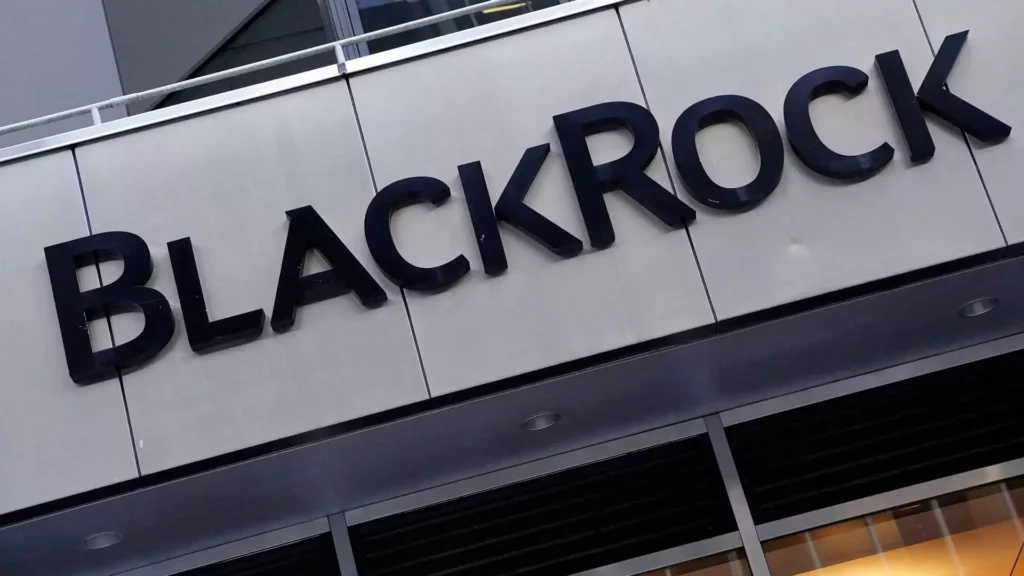In a significant development for the finance and cryptocurrency sectors, BlackRock has expanded its USD Institutional Digital Liquidity Fund (BUIDL), marking a pivotal shift towards the incorporation of blockchain technology within traditional finance. Initially launched on the Ethereum blockchain, the fund now encompasses several other prominent blockchains including Aptos, Arbitrum, Avalanche, Optimism Mainnet, and Polygon. This evolution reflects a growing trend as global financial institutions begin to recognize the potential benefits of tokenizing traditional assets, amidst a backdrop of increasing interest in decentralized finance (DeFi) solutions.
The BUIDL fund is designed to offer investors an innovative mechanism to earn yields equivalent to U.S. dollars while leveraging the advantages of blockchain technology. BlackRock’s entry into this space comes shortly after the successful debut of its iShares Bitcoin Trust, an exchange-traded fund dedicated to Bitcoin investments. This strategic move enables BlackRock not only to diversify its investment products but also to capitalize on the burgeoning interest in digital assets, which has seen increasing traction among institutional investors.
Robert Mitchnick, BlackRock’s head of digital assets, articulated a noteworthy perspective on the dichotomy within the industry, emphasizing the irony of combining traditional finance with a crypto-native framework. In his view, the ongoing integration of these seemingly opposing realms will eventually lead to the emergence of a more unified financial infrastructure. Such a synthesis is vital, especially as investor appetite for traditional assets continues to merge with the innovative capabilities offered by blockchain technology. This convergence redefines asset management strategies, ultimately fostering a new paradigm that’s flexible and responsive to contemporary market demands.
The announcement of BUIDL’s expansion coincided with a significant rally in the cryptocurrency market, particularly following political developments in the United States. The positive sentiment among investors was amplified by Donald Trump’s election victory, during which he pledged to advocate for more supportive regulations around the crypto industry. His pro-crypto stance stands in contrast to the regulatory environment under the Biden administration, which has been characterized by stringent enforcement actions, complicating the operational landscape for many crypto projects.
Despite its growing popularity, decentralized finance has grappled with regulatory uncertainty, which has hindered broader adoption. Lawsuits involving major platforms like Binance and Coinbase have underscored the potential risks involved, resulting in some tokens being classified as securities. This lack of clarity could pose challenges to the growth of DeFi, but initiatives like BlackRock’s BUIDL fund suggest that significant institutional interest in this space may help pave the way for clearer regulations, ultimately enhancing market legitimacy.
As BlackRock continues to innovate in the tokenization space, it may well set a precedent for other financial institutions navigating the delicate balance between traditional finance and emerging technologies. The BUIDL fund represents a forward-thinking approach that not only democratizes access to U.S. dollar yields but also illustrates the growing importance of blockchain solutions in modern asset management. As the landscape evolves, the synthesis of traditional and decentralized finance will likely create a more robust framework for investment products, shaping the future of how assets are managed globally.

